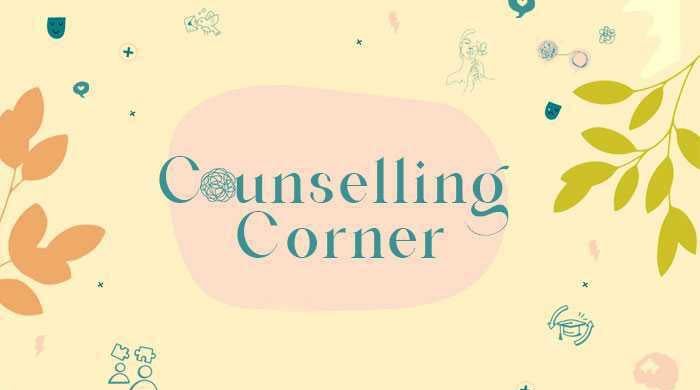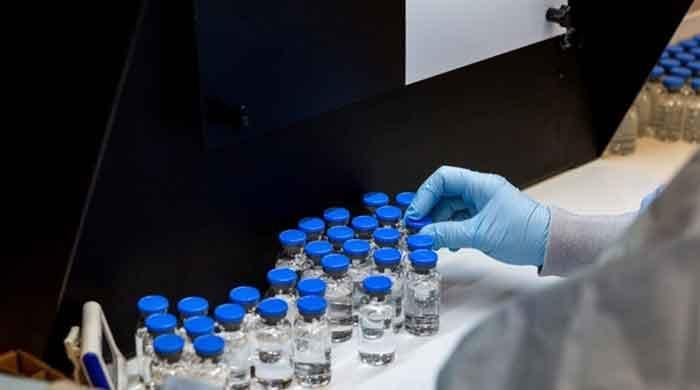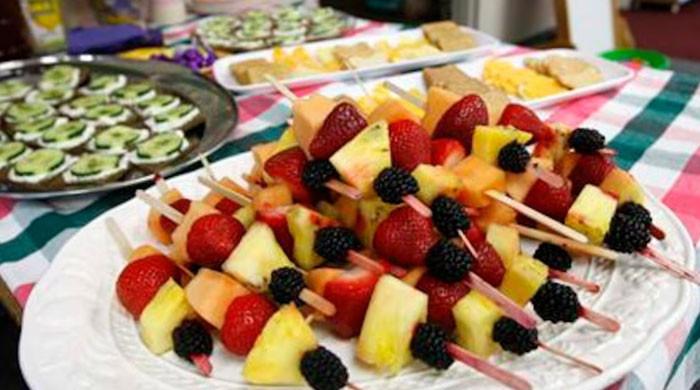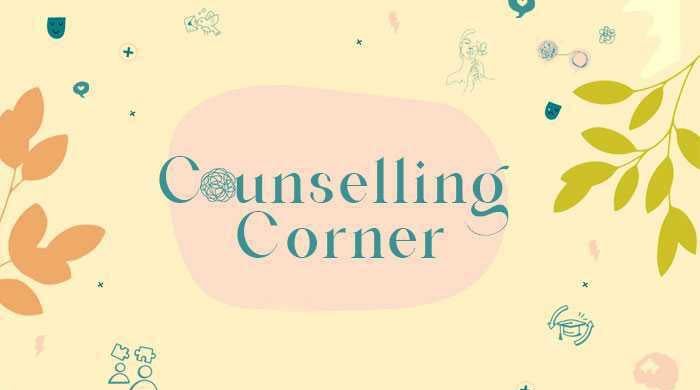Are sugar substitutes harmful? Find out its impacts on you
"Healthiest sugar substitute is a small quantity: a large amount of any sugar substitute could be harmful," says dietitian
June 12, 2023
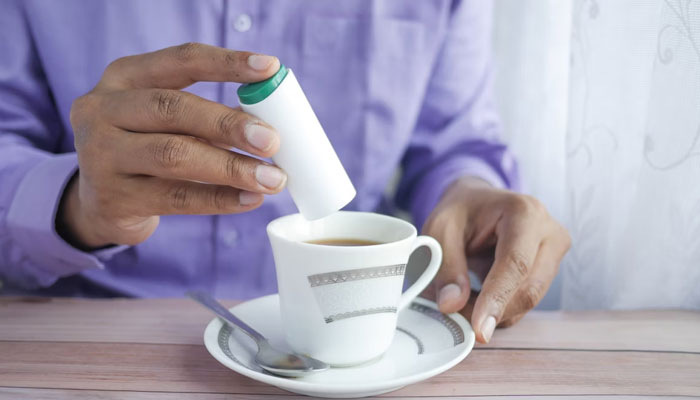
We may think that sugar substitutes or artificial sweeteners are something of this century, but it was being used even earlier than that. For the first time, the artificial sweetener was saccharin, synthesised in 1879.
It is mostly used in diet soft drinks, but erythritol — another kind of sweetener — is in daily goods such as chewing gum and jellies, but there is controversial research about them.
Here are details and important things you need to know about sugar substitutes in your daily diet.
What are healthy sugar substitutes?
Sweeteners like aspartame, sucralose, and saccharin are lab-created. There are also other sugar alcohols that are synthetically created to sweeten without adding calories or carbs. They can also be found in food sources like fruits and vegetables.
A registered dietitian nutritionist Jill Weisenberger stated that focus less on the "type of substitute and more on the amount."
"The healthiest sugar substitute, therefore, is a small quantity: A large amount of any sugar substitute could be harmful."
"The dose makes the poison," Weisenberger said.
"They [sugar substitutes] all have such different chemical structures, so they will all behave differently in the body," Weisenberger noted.
"Adverse effects always come up with a dose amount … so anybody who’s concerned about the safety of it could sometimes use stevia, sometimes usw sucralose and sometimes use monk fruit, just vary it around."
Artificial sweeteners or sugar?
It is not bad to consume sugar as it's necessary for our living and helps in digestion. As there are sugars already in some foods, added sugars in drinks are harmful.
According to the Centers for Disease Control and Prevention, sugary drinks are the main source of "added sugar" in American diets, with one soda containing a similar amount that should be consumed in a single day.
12-ounce of sugary drink has 39 grams of sugar, or more than 9 teaspoons, whereas a similar amount of Diet cola contains zero grams of added sugars, but it has about 200 milligrams of aspartame.
"Let's say somebody uses one teaspoon of sweetener a day in tea or coffee; I don’t think it matters, use whichever one you like," Weisenberger said.
"But if you're using volume, then we know without a doubt the hazards of too much-added sugar, particularly for people with prediabetes and diabetes."
Are artificial sweeteners bad for health?
Aspartame is about 200 times sweeter than sugar, as FDA termed it safe, or not toxic, for the general public, including some of these mentioned below:
- Aspartame
- Acesulfame potassium (Ace-K)
- Sucralose
- Neotame
- Advantame
- Saccharin
FDA also regarded Plant and fruit-based sweeteners stevia, monk fruit, and thaumatin as safe, but stevia leaf and crude stevia extracts, are not termed safe due to "inadequate toxicological information".
Steviol glycoside — "stevia" — is a purified extract attained from stevia leaves.
A 2022 study in BMJ found a link between high artificial sweetener consumption and increased cardiovascular disease.
Guidelines from the WHO show that sugar substitutes do not benefit weight loss goals in the long run.
The concerns about the sweeteners started from animal studies that revealed an increased risk for cancer in rats, but others challenged the results contending similar outcomes for humans.
However, "safe," does not necessarily mean healthy, and as researchers previously told USA Today, you're better off sticking with water and limiting your intake of both added sugar and substitutes.





